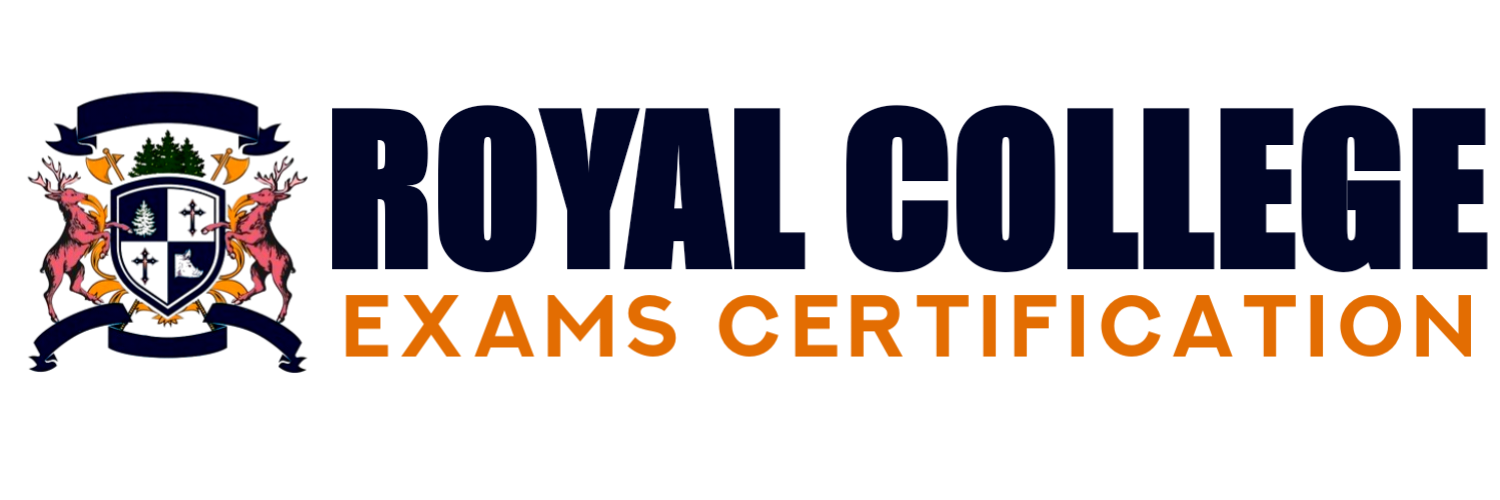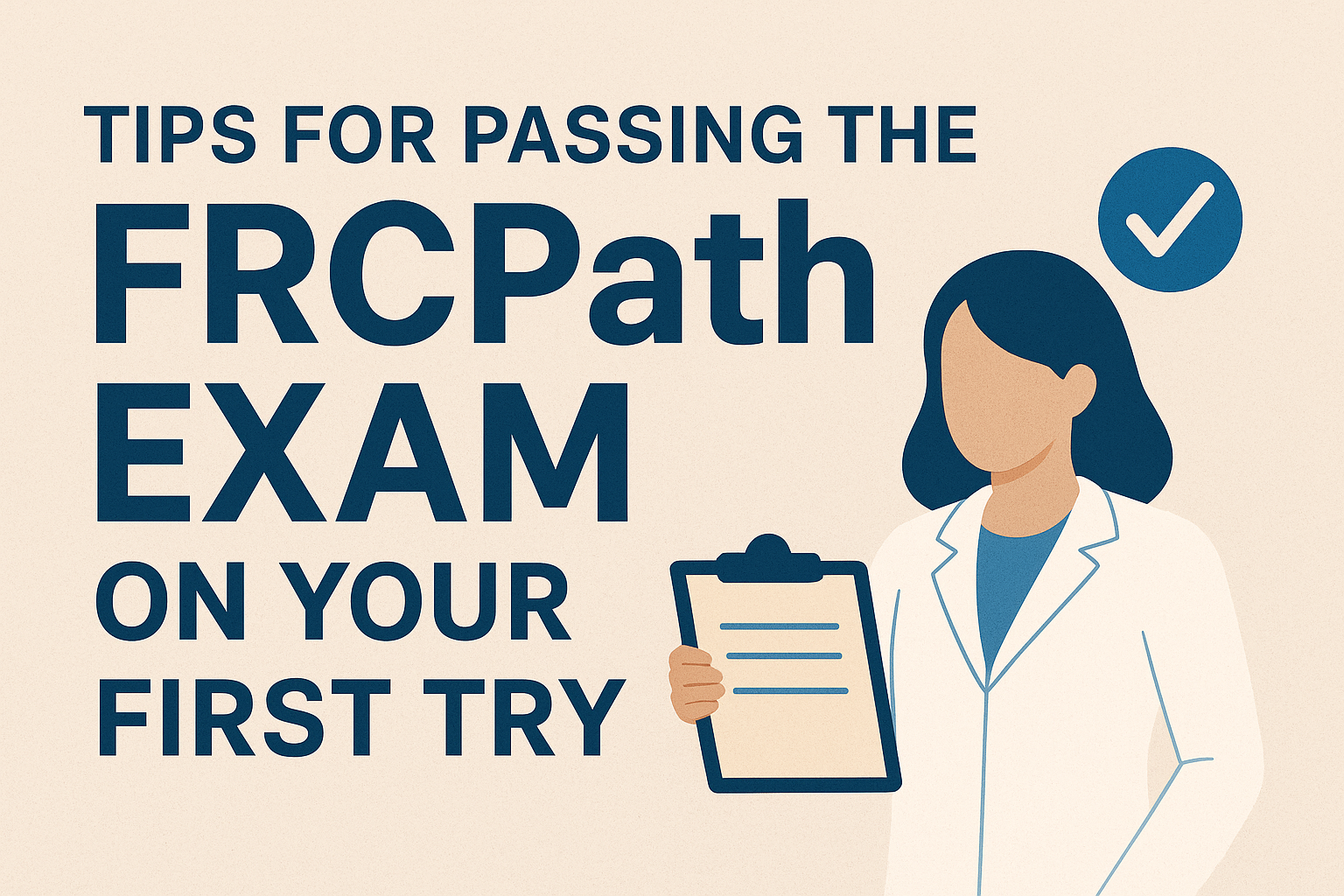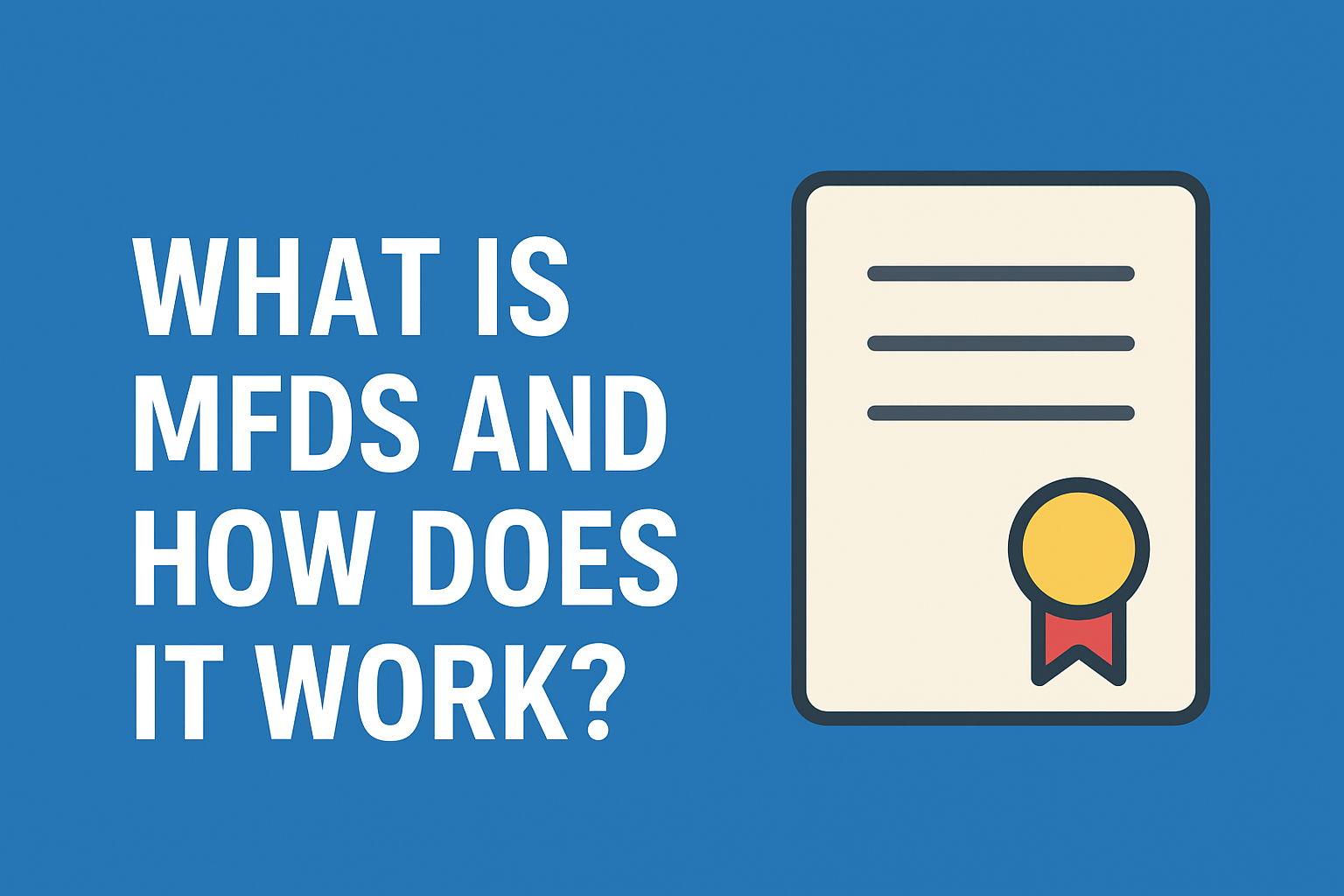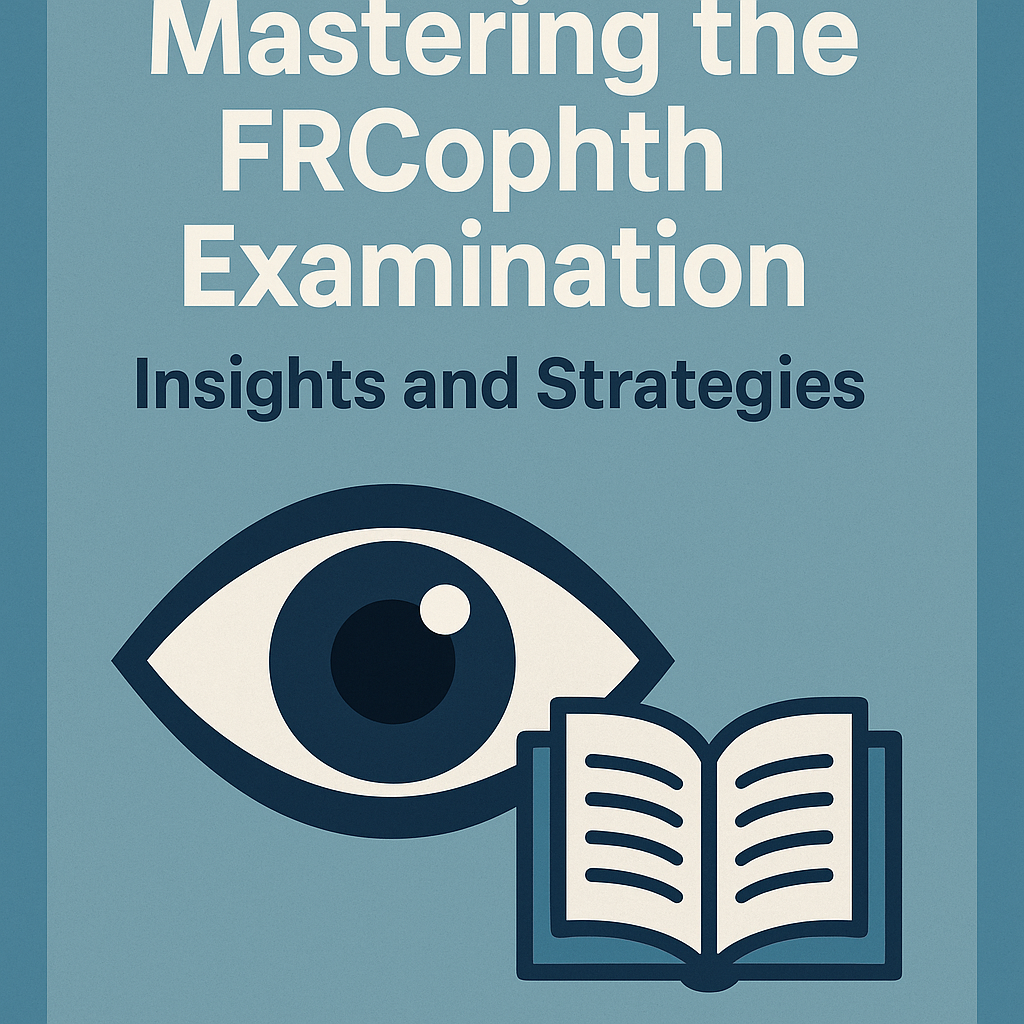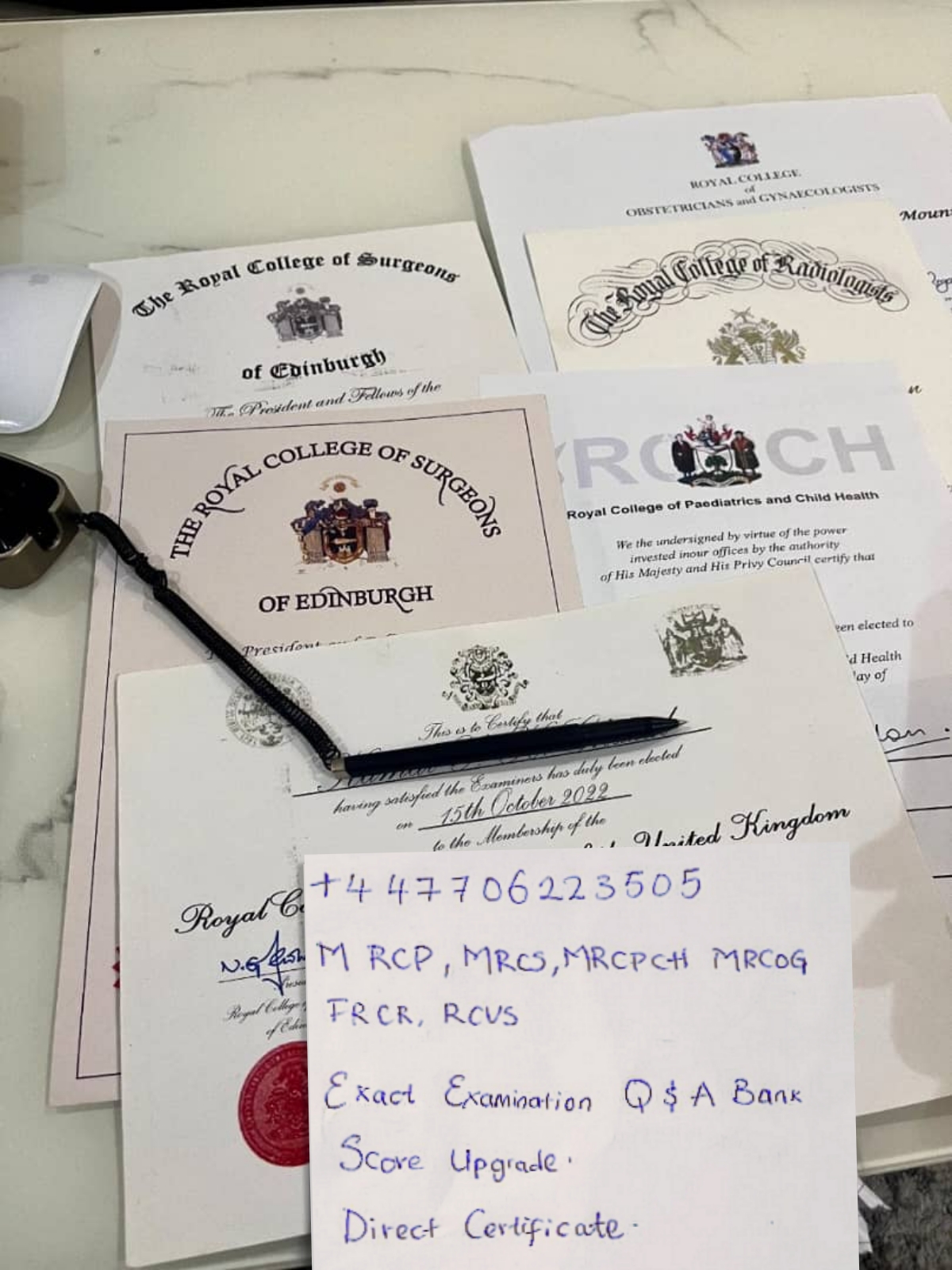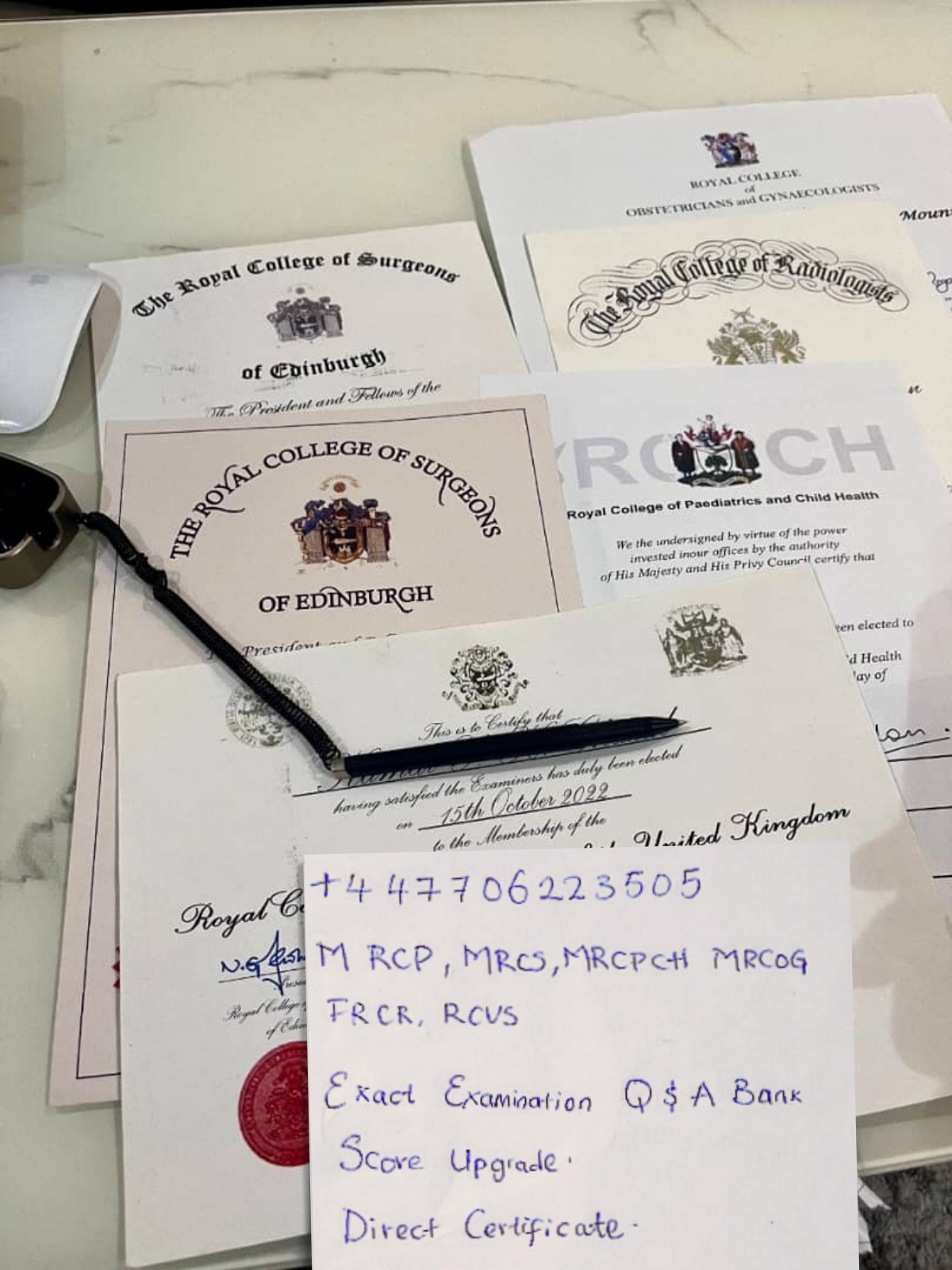The IELTS (International English Language Testing System) is one of the most popular English language proficiency tests in the world, taken by millions of students every year for education, work, and migration purposes. While many students study hard and prepare for months, they often make some common mistakes that hurt their scores. The good news is — these mistakes are easy to avoid if you are aware of them. IELTS speaking tips
In this blog post, we will discuss the top 10 most common mistakes students make in IELTS and provide practical tips to help you avoid them. If you’re preparing for the IELTS test, make sure to go through this list carefully so you can improve your performance and score higher bands.
📌 1. Not Understanding the Test Format
The Mistake:
Many students begin preparing for IELTS without properly understanding the exam’s structure and format. They don’t know how many sections are there, how much time is given for each, or what types of questions to expect.
Why It Matters:
Without knowing the test format, students feel confused during the exam, waste time reading instructions, or misinterpret tasks — leading to lower scores.
How to Avoid It:
-
Study the test pattern in detail.
-
Understand the four sections: Listening, Reading, Writing, and Speaking.
-
Learn about the types of questions, timings, and scoring methods.
-
Take practice tests to get familiar with the real exam structure.
📌 2. Poor Time Management
The Mistake:
Many students run out of time, especially in the Reading and Writing sections. They spend too long on difficult questions or paragraphs and leave easier questions unfinished.
Why It Matters:
Good time management is crucial for completing all questions and tasks within the given time. If you don’t manage time properly, you might leave questions unanswered or write rushed, low-quality responses.
How to Avoid It:
-
Practice mock tests with a timer.
-
Divide time wisely for each section and stick to it.
-
Don’t get stuck on one tough question.
-
In Writing, plan your ideas quickly, then start writing, and leave 2–3 minutes to check your work.
📌 3. Ignoring Instructions
The Mistake:
Some students ignore important instructions in the test, like “Write no more than two words” or “Select two options”. Even if their answers are correct, they lose marks because they didn’t follow the instructions.
Why It Matters:
IELTS strictly follows rules. If you don’t follow instructions exactly, your answers will be marked wrong, even if the content is correct.
How to Avoid It:
-
Carefully read every instruction before answering.
-
Underline important words like ‘only’, ‘at least’, or ‘no more than’.
-
Pay attention to word limits and answer formats.
-
Stay calm and don’t rush through questions.
📌 4. Weak Vocabulary and Overuse of Simple Words
The Mistake:
Students often use the same simple words like good, bad, very nice, big, small, etc., repeatedly in their Writing and Speaking tests.
Why It Matters:
Examiners look for a wide range of vocabulary. Using limited and basic words lowers your lexical resource score, which affects both Writing and Speaking band scores.
How to Avoid It:
-
Learn synonyms and use a variety of words in your sentences.
-
Read newspapers, articles, and blogs to improve your word bank.
-
Practice paraphrasing sentences.
-
Keep a vocabulary notebook and revise new words regularly.
📌 5. Overcomplicating Sentences
The Mistake:
In an attempt to impress the examiner, many students write long, complicated sentences filled with difficult words and grammar.
Why It Matters:
Overcomplicated sentences often become confusing, ungrammatical, or unclear. This affects the clarity and coherence of your answers.
How to Avoid It:
-
Prioritize clarity over complexity.
-
Use a mix of simple, compound, and complex sentences.
-
Make sure each sentence is grammatically correct and easy to understand.
-
Use linking words like however, moreover, therefore, etc., to connect ideas.
📌 6. Not Practicing Speaking Enough
The Mistake:
Many candidates focus too much on Reading, Listening, and Writing, but neglect Speaking practice. Some believe casual conversation is enough, which it’s not.
Why It Matters:
The Speaking test assesses fluency, pronunciation, grammar, and vocabulary. You need to speak confidently and clearly under exam conditions.
How to Avoid It:
-
Practice speaking English daily, even if alone.
-
Record yourself answering IELTS Speaking questions.
-
Listen to native speakers and repeat after them.
-
Join language exchange or conversation groups.
📌 7. Misinterpreting Reading Questions
The Mistake:
Some students answer based on their own knowledge or assumptions, instead of the information provided in the text. Others skim too quickly and miss key details.
Why It Matters:
In IELTS Reading, your answers must come directly from the passage. Misreading or guessing can lead to wrong answers.
How to Avoid It:
-
Read questions carefully before the passage.
-
Underline keywords in both the question and text.
-
Don’t assume answers — locate evidence in the passage.
-
Practice identifying main ideas and supporting details.
📌 8. Incomplete or Off-Topic Writing Tasks
The Mistake:
Some students write fewer words than required or go off-topic in Writing Task 1 or Task 2. Others misunderstand the question type and give an irrelevant response.
Why It Matters:
Not completing the task, writing too little, or going off-topic will lower your task response score.
How to Avoid It:
-
Carefully analyze the task question before writing.
-
Identify what the question is asking — opinion, discussion, problem-solution, etc.
-
Make a quick plan with ideas and structure.
-
Make sure your response directly addresses the question.
📌 9. Neglecting Listening Practice
The Mistake:
Some candidates think the Listening test is easy and don’t practice enough. They’re then surprised by fast-paced audio or unfamiliar accents during the real test.
Why It Matters:
IELTS Listening includes different English accents (British, Australian, American, Canadian) and various recording types like conversations, lectures, and instructions.
How to Avoid It:
-
Listen to English podcasts, news, movies, and YouTube videos.
-
Practice with official IELTS listening tests.
-
Focus on understanding different accents and note-taking.
-
Predict answers while listening.
📌 10. Not Reviewing and Analyzing Mistakes
The Mistake:
Many students take practice tests but don’t review their mistakes properly. They repeat the same errors without realizing them.
Why It Matters:
If you don’t identify your weak points, you won’t improve effectively.
How to Avoid It:
-
Review every test after completing it.
-
Note down common mistakes in grammar, spelling, or comprehension.
-
Focus on improving weak areas.
-
Take feedback from teachers or peers if possible.
🎯 Final Thoughts
IELTS is a challenging but very achievable exam if approached correctly. Most students don’t fail because of lack of knowledge, but because of small mistakes and carelessness. The key is to identify these common mistakes early in your preparation and actively work to avoid them.
By understanding the test format, managing time wisely, following instructions, using varied vocabulary, practicing speaking, interpreting reading questions correctly, completing writing tasks properly, taking listening seriously, and learning from your mistakes — you’ll be in a much stronger position to score your desired band.
